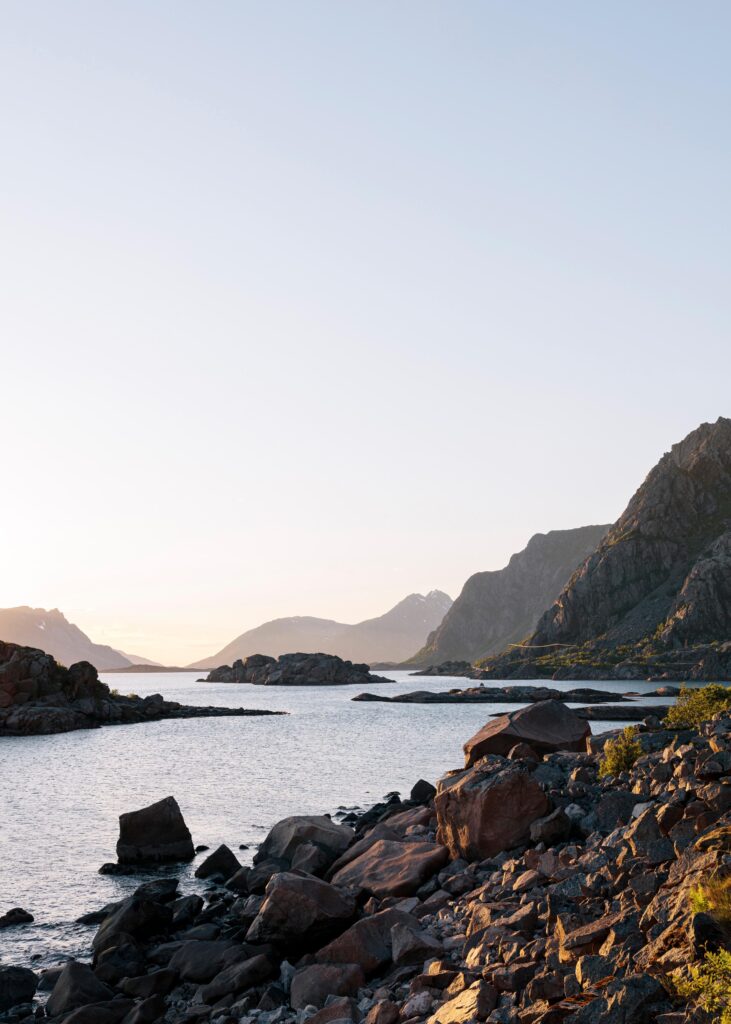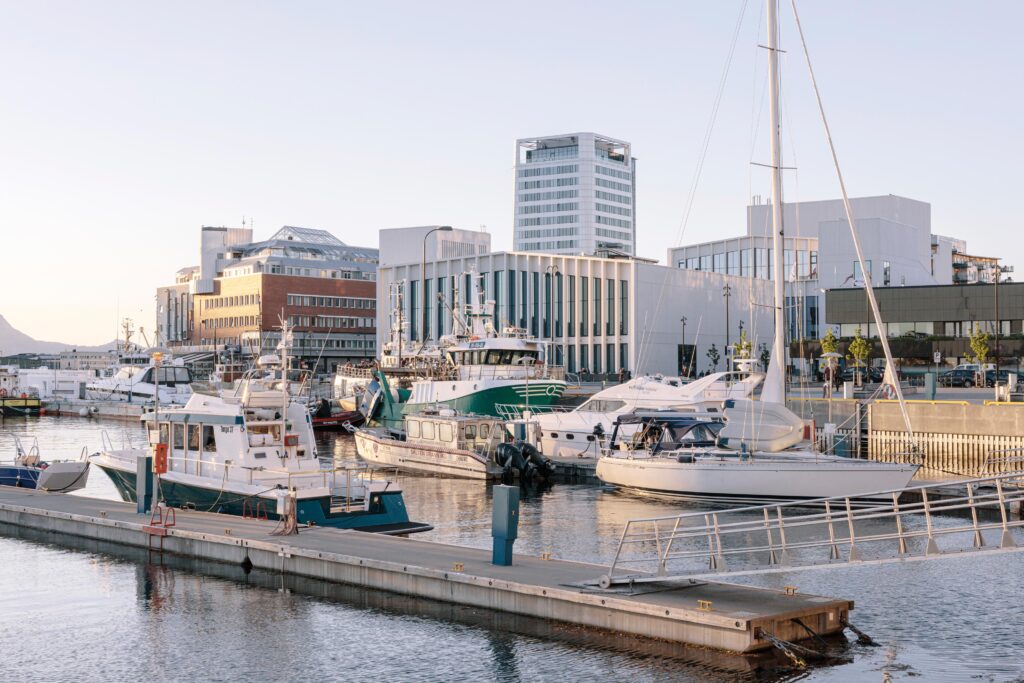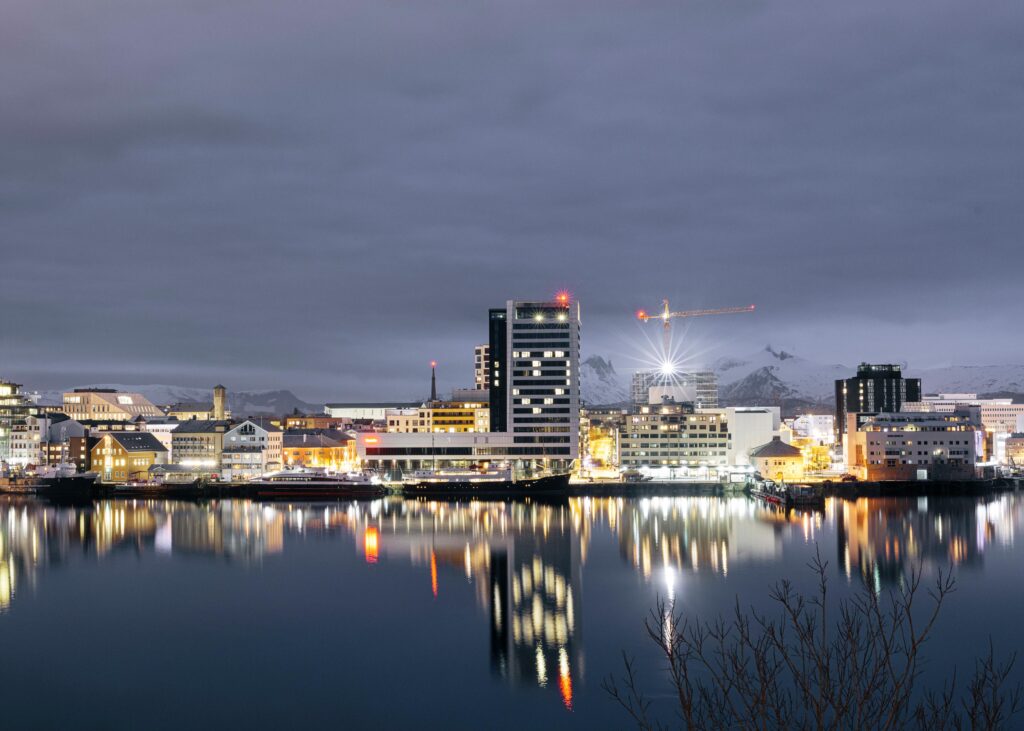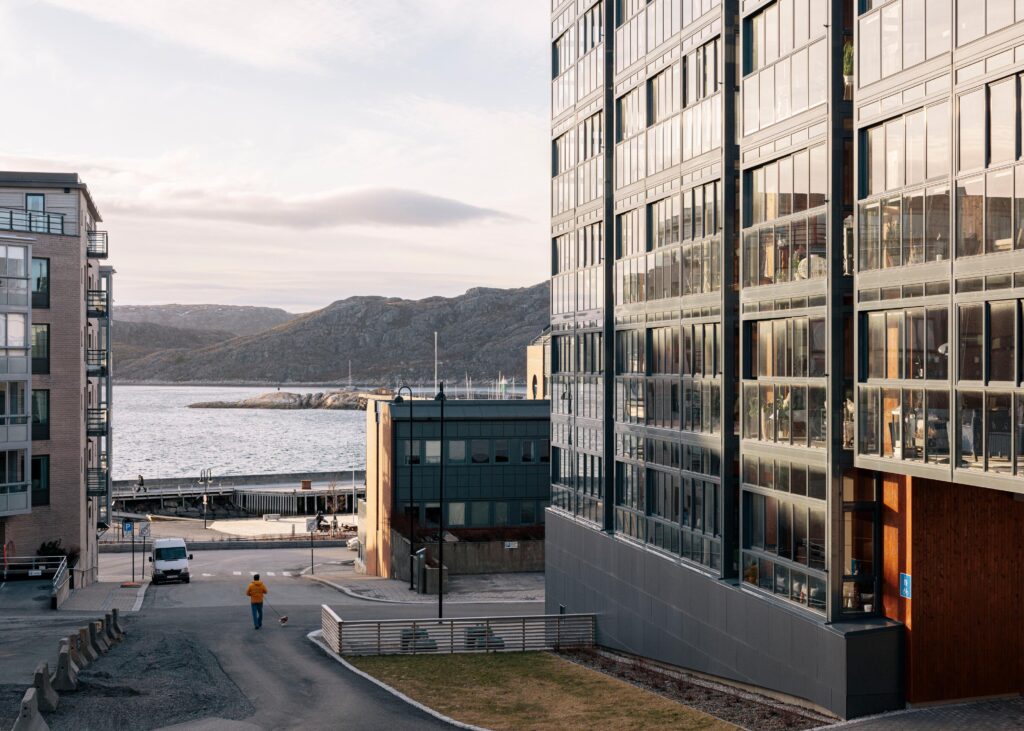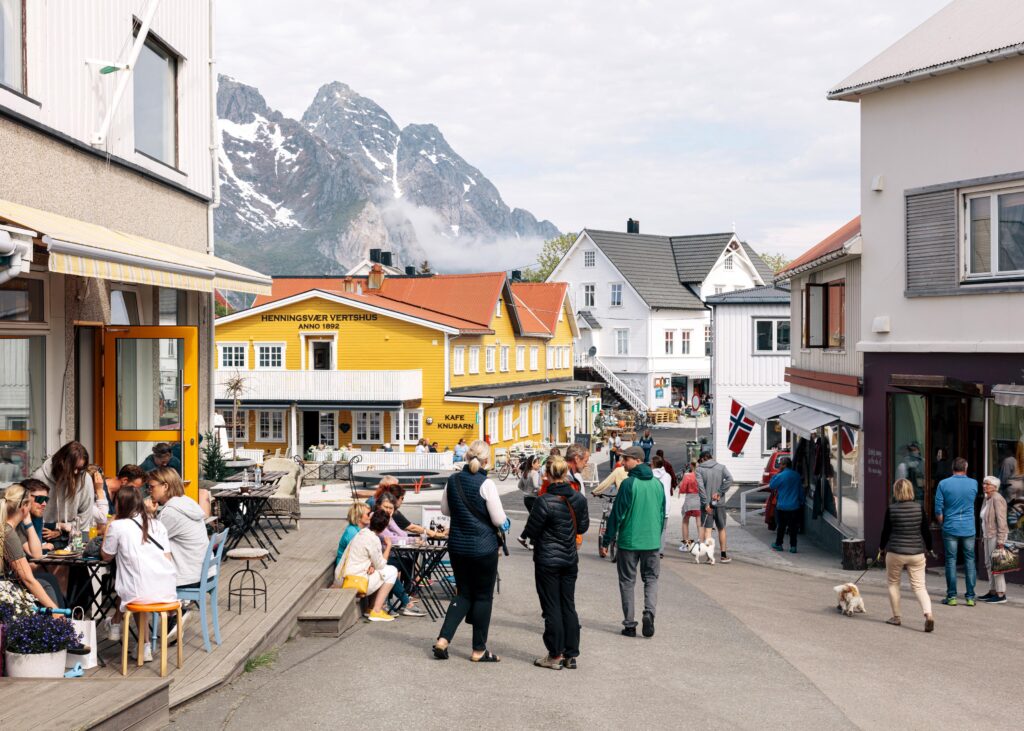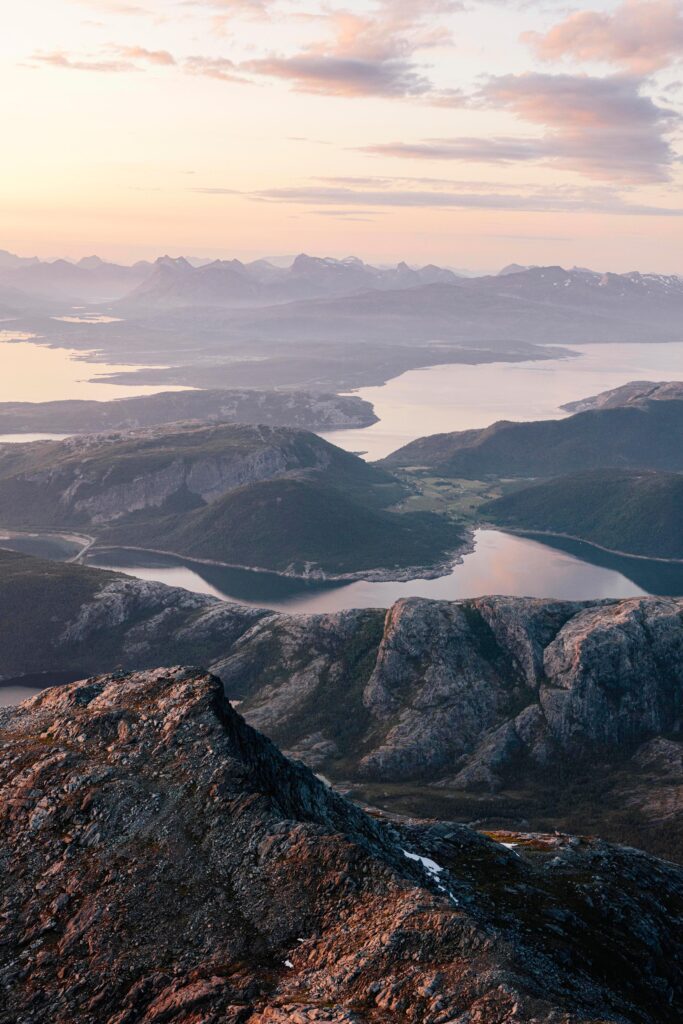In 2024, Bodø – together with Bad Ischl and Tartu – holds the title of “European Capital of Culture”. SOCIETY spoke with the Programme Director of Bodø, Henrik Sand Dagfinrud, about the yearlong programme.
Bodø will be one of the three European Capitals of Culture 2024. What will be the main motto for this special occasion? What are the highlights of the programme?
The title of our bid to the EU was “Arcticulation”. We are a city quite far away from Central Europe and even from the power and decisions in Norway. When the authorities decided to close down the Air Force Base in Bodø in 2012, the city lost a big development factor. Following this decision, the city had to find a way to stimulate growth otherwise.
One of the goals of the ECOC team was to find a general articulation, to tell the story of this part of the arctic and this was the starting point for us: The stories of the north told by people of the north. That was our focus, and another one was on the youth. They have their own sub-programme – “Young 2024” – which they organized and developed themselves.
Sami Culture was another focus topic. Since we started to work on our bid back in 2018/19, this issue has become even more relevant. The State of Norway has since started a big truth and reconciliation project.
How was or is the programme perceived by the inhabitants of Bodø, especially by the young people?
The youth programme is probably the part that has come the furthest by now, as the young participants have been part of the process since the very beginning. I think it is a big success as they are very engaged. The programme was and is designed mainly on their terms.
With the public in general, I think it is always a challenge for ECOC projects, as the goal is to reach everyone and with this, you are always in danger of reaching no one. But as of now, we mostly got positive feedback and I think that the general mood is good, people are proud to have the status and a lot of them are interested in contributing.
Where there also a lot of renovations in the city for the ECOC 2024?
Technically, we are not doing any structural work. There are some minor touch ups in a couple of streets but that’s it. In this regard, the city has a very special position because almost all of it has been destroyed during the Second World War. So the buildings/the infrastructure is quite new and if there is any construction work it is more in the framework of building new buildings than renovating. For example, the hotel capacity doubled since 2011 and around 10 years ago, a cultural quarter with a new library and a concert hall opened.
When did you start planning for ECOC?
As I mentioned already, the State decided to move the National Air Force base away from Bodø city in 2012. They set up a 10-year plan for dismantling the airport space and for many people – including myself, who moved to Bodo the same year – that was great news: it meant less noise and no more fighter jets in the middle of the city. On the other hand, it was quite dramatic for a city of 50.000 people to lose 2000 jobs at once.
The authorities had to find a solution for this demographic crisis and so they developed two main projects: first, they decided to relocate the airstrip to the other end of the peninsula and open up the whole military area – in a 50-year frame. The next step is to open the new airport and airfield in 2029 and then, they plan on building the city for the next 40 years. A softer approach on solving the demographic decline was the ECOC project, which includes people, networks, culture, values and more.
So basically, the decision of the State in 2012 led directly to the first preparations for the ECOC bid in 2013. Then, a long political process started. The project was dormant for a couple of years until the bidding process finally started in 2017. I joined as a freelancer in the second half of 2017 and since then, we are working on the programme.
Are you also in contact with the other two ECOCs 2024?
We are in contact almost daily. We had a very positive connection during the bidding stage and since then, we have been very close. All three cities got the title during autumn 2019, so all of us where in the middle of the build-up when the pandemic hit. Two colleagues and I then decided to stay close with the other capitals to ensure at least a minimum of an international or European dimension. For example, we asked all of our team members to find their “equivalent” or closest colleague from the other two Capitals. For us, this exchange has been extremely valuable.
Will there be any joint projects as well?
Yes, we also developed some projects together. Some on a “bilateral” level and others that are organized by all three cities. We also already had one network meeting for all Capital Cities of Culture in Estonia and one event in Brussels, which was sort of a “countdown event” in November 2023 with more than 400 people. Austria really joined all their forces in Brussels to help organize this meeting: Their Cultural Institute, politicians, the Administration and the Embassy. It was quite a big thing for us, meeting in the plenary halls of the European Parliament.
What will be the highlights of the programme, in your opinion?
Right now, all eyes are on the opening. I guess it is the same for all three cities – the most complicated production is the first one. The opening is a high profile, high-risk event and it is the first thing people will see. For the rest of the year, there are many highlights. I can say that we have some productions – especially in the second half of the year – that are sort of direct results from the process itself. For example, there is one joint dance project with all three ECOC cities that I am really looking forward to. There are a couple of others, but to see the productions that are a direct result from the new network of these three cities is really special.
Are there already signs of increased tourism in Bodø due to the title?
I do not have exact numbers but I know that we have a lot of periods this year in which we are fully booked. We know from earlier projects that the tourism industry is probably the one that will have the most immediate effect and we can see that clearly already.
What makes Bodø special and why is it worth visiting – also after the ECOC year?
I feel quite confident in talking about what is special about Bodø because I am not originally from here, I only moved here in 2013 so I can still take the role of an “external onlooker” in a way. What makes the city special for me is that everything is very compact and close. It is a small city with a broad offer and many qualities. We have a great concert hall, high-quality museums and an exciting restaurant scene. I like to call Bodø “one of the smallest biggest cities”. You can walk from the city centre to a fishing trip or to a mountain hike – so you can easily combine an adventure in the nature with a “more urban” experience and to me, this is the best part.
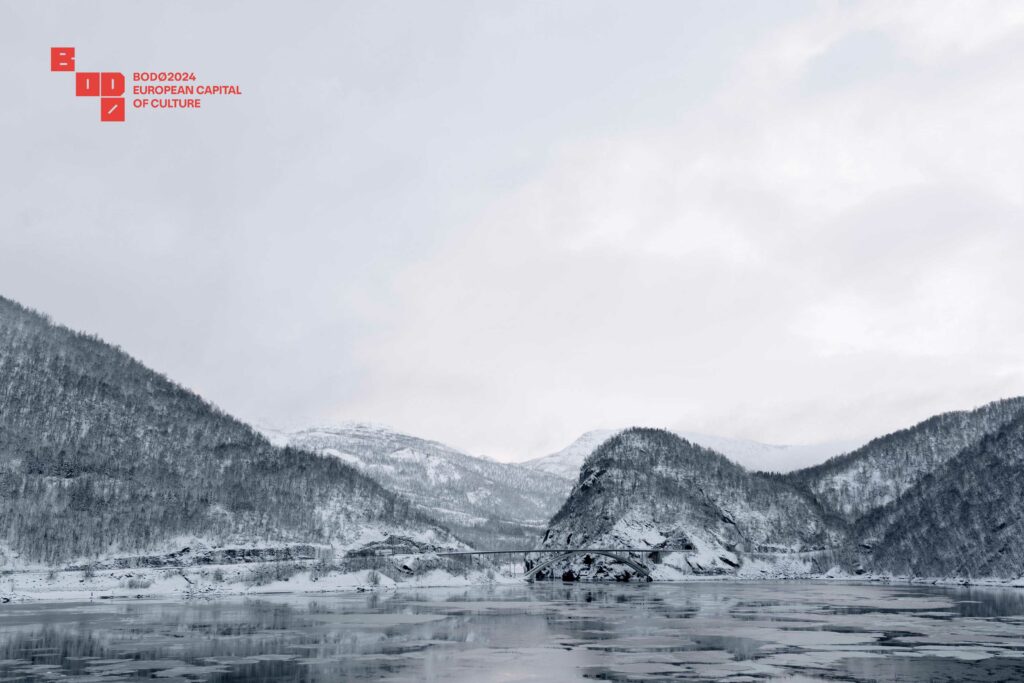
You mentioned the culinary scene – is there a special dish from Bodø one should absolutely try?
The special dish or ingredient from this region definitely is dried cod fish. The funny thing is that there is so much dried cod produced here that locals tend to forget that you can eat it yourself. It is mainly an export article, but for me, it is very special. Fish is definitely the main reason to go to Bodø if you are a “foodie” – fresh in the winter, dried in summer. Furthermore, we have reindeer meat and spectacular vegetables in the late summer.
Is there also a hiking scene in Bodø?
Hiking is definitely a big part of our culture. There are a lot of prepared and well-marked hiking trails. It is common here to go on a weeklong hike, using small public cabins along the way, for example. Together with the Norwegian Tourist Association, we planned a project for August in this area.
Is there anything you would like to tell our readers?
One should come to Bodo to have a very “compact” experience of culture and nature in one. Once you are here, travel on the ground: take a speedboat from Lofoten, ride a bus or just walk in and out of the city. Enjoy the surprisingly high-level restaurant scene with fresh food from the sea and discover the cultural offers of Bodø, including the library, the concert hall, museums or the numerous festivals in the summer.
Photos: Bodø2024/Dan Mariner
